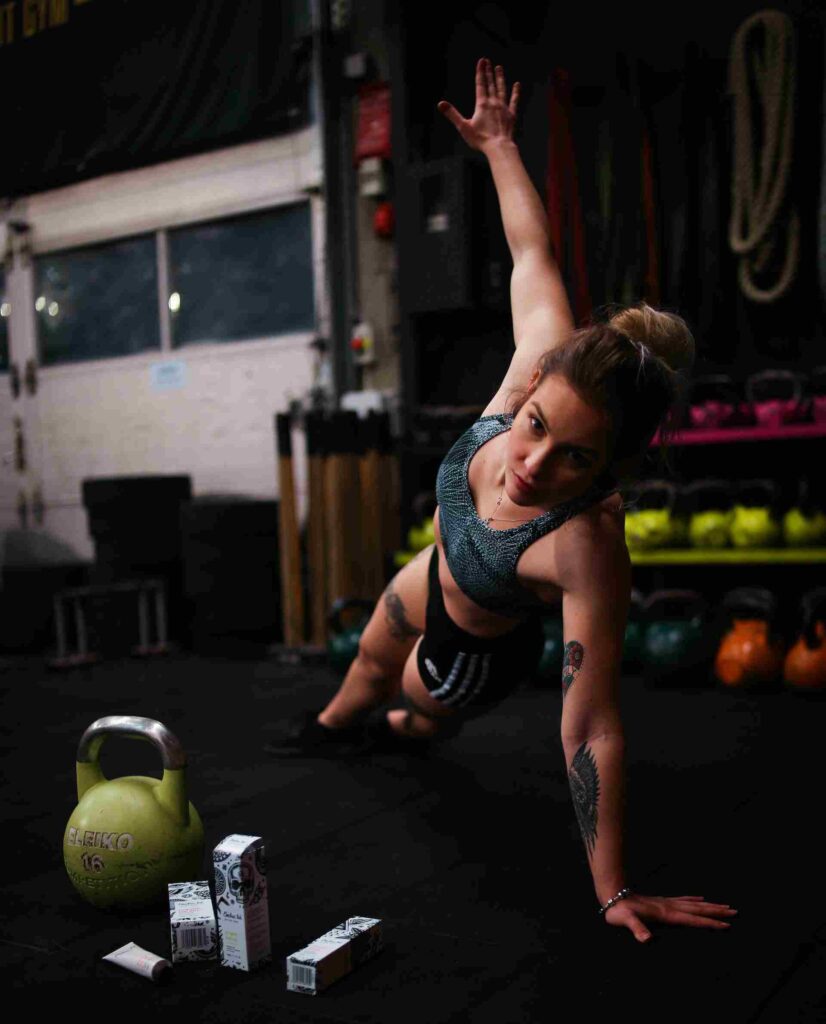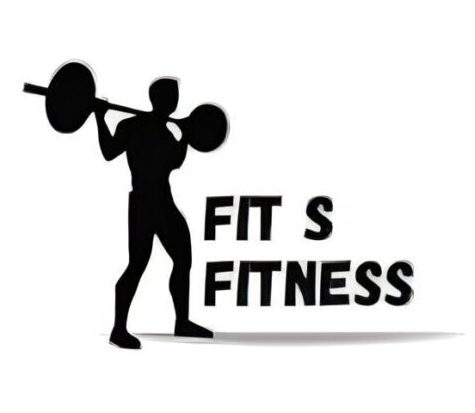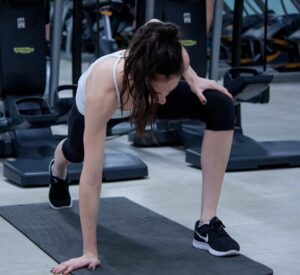Introduction
Proper nutrition plays a crucial role in the performance and recovery of athletes and fitness enthusiasts. In this guide, we will delve into the world of functional foods and how they can enhance your athletic abilities. From boosting energy levels to aiding muscle recovery, functional foods offer unique benefits that can take your fitness journey to new heights. Join us as we explore the science behind functional foods and provide practical tips on incorporating them into your diet.

Understanding Functional Foods
Functional foods are not just your everyday fruits and vegetables. They are specifically designed to provide additional health benefits beyond basic nutrition. These foods are rich in nutrients, bioactive compounds, and antioxidants that support overall health and athletic performance. By incorporating functional foods into your diet, you can optimize your nutritional intake and support your body’s needs during exercise.
Pre-Workout Powerhouses
Before hitting the gym or engaging in physical activity, fueling your body with the right nutrients is essential. Functional foods such as bananas, berries, oats, and green tea can provide a natural energy boost. Bananas are a great source of carbohydrates and potassium, which help maintain proper muscle function and prevent cramping. Berries are packed with antioxidants that reduce inflammation and improve blood flow. Oats provide slow-release carbohydrates that sustain energy levels throughout your workout. Green tea contains caffeine and antioxidants that enhance focus and endurance.
Recovery and Muscle Repair
After an intense workout, your body needs proper nourishment to recover and repair. Functional foods like lean proteins, Greek yogurt, and tart cherries are excellent choices. Lean proteins such as chicken, fish, and tofu provide essential amino acids for muscle repair and growth. Greek yogurt is a great source of protein and calcium, aiding in muscle recovery and bone health. Tart cherries contain anti-inflammatory compounds that reduce muscle soreness and promote faster recovery.
Enhancing Endurance and Stamina
If you’re looking to improve your endurance and stamina, functional foods like beets, quinoa, and chia seeds can give you that extra edge. Beets are rich in nitrates, which improve oxygen delivery to the muscles and enhance endurance. Quinoa is a complete protein and a great source of complex carbohydrates, providing sustained energy for long workouts. Chia seeds are packed with omega-3 fatty acids, fiber, and antioxidants, supporting energy production and reducing inflammation.
Supporting Joint Health and Mobility
Maintaining joint health and mobility is crucial for athletes and fitness enthusiasts. Functional foods like fatty fish, turmeric, and ginger can help reduce inflammation and support joint health. Fatty fish like salmon and sardines are rich in omega-3 fatty acids, which have anti-inflammatory properties. Turmeric contains curcumin, a compound known for its anti-inflammatory and antioxidant effects. Ginger has similar anti-inflammatory properties and can help alleviate exercise-induced muscle soreness.

Boosting Immune Function
A strong immune system is essential for optimal performance and overall well-being. Functional foods like citrus fruits, garlic, and almonds can boost your immune function. Citrus fruits are rich in vitamin C, which supports immune cell function and helps combat oxidative stress. Garlic has antimicrobial properties and can enhance immune response. Almonds are a great source of vitamin E, which acts as an antioxidant and supports immune cell activity.
Mental Focus and Cognitive Performance
Physical performance is not only about the body but also about the mind. Functional foods like dark chocolate, blueberries, and green leafy vegetables can enhance mental focus and cognitive performance. Dark chocolate contains caffeine and antioxidants that improve alertness and cognitive function. Blueberries are rich in antioxidants and phytochemicals that promote brain health and improve memory. Green leafy vegetables like spinach and kale provide essential nutrients, including folate and vitamin K, which support brain function.
Incorporating Functional Foods into Your Diet
Incorporating functional foods into your diet doesn’t have to be complicated. Start by adding a variety of fruits, vegetables, whole grains, and lean proteins to your meals. Experiment with different recipes and flavors to make your meals enjoyable. Consider meal prepping to ensure you have nutritious options readily available. Gradually introduce functional foods into your diet and listen to your body’s response. Remember, balance and variety are key to a well-rounded and nutrient-dense diet.
Conclusion
Functional foods offer unique benefits for athletes and fitness enthusiasts, supporting overall health and enhancing athletic performance. By incorporating pre-workout powerhouses, foods for recovery and muscle repair, endurance-boosting options, joint-supporting choices, immune-boosting foods, and those that enhance mental focus, you can optimize your nutrition and achieve your fitness goals. Experiment with different functional foods, listen to your body and make informed choices to fuel your performance and elevate your fitness journey to new heights.




